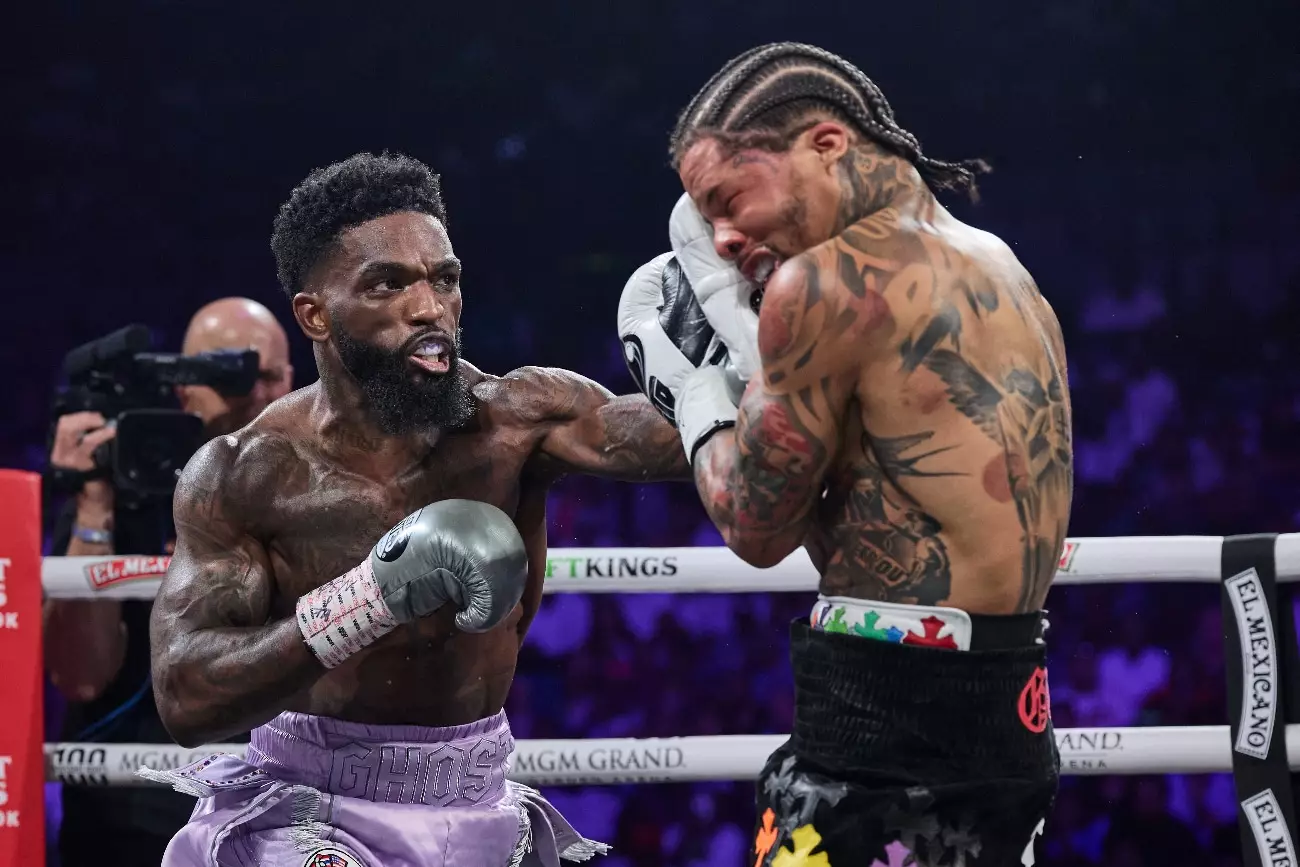The landscape of professional boxing has become punctuated by accusations of fighters opting for safer, less challenging bouts instead of facing top-tier competition. This situation comes into sharp focus when we consider Gervonta “Tank” Davis and the recent criticisms leveled at him by former boxer Paulie Malignaggi. Malignaggi’s combative take centers on the notion that Davis has consistently chosen to sidestep formidable opponents, notable among them Vasily Lomachenko. This pattern of avoiding challenges raises significant questions about the integrity of the sport and what it means to be a true champion.
It is worthy of exploration why many fighters, including Davis, appear to gravitate toward bouts that promise a more secure victory rather than facing the best in their division. This inclination creates a dichotomy in the sport, where true greatness is often overshadowed by the allure of maintaining an unblemished record. While records like Davis’s—boasting 30 wins and 28 KOs—are impressive on paper, they can also reflect a calculated strategy to build a reputation without the risks associated with fighting top contenders.
Manufactured Stardom: The Illusion of True Competition
Paulie Malignaggi’s criticism extends beyond Davis’s choice of opponents; he argues that fighters like Davis represent a trend in boxing that favors manufactured stardom rather than showcasing genuine skill against deserving rivals. According to Malignaggi, the current boxing system is rampant with “fake stars” crafted through meticulous matchmaking that prioritizes protectively curated records. The impending bout between Davis and Lamont Roach—a 130-pounder whom Anthony Davis is slated to face for his WBA title—has further fueled Malignaggi’s assertions. In Malignaggi’s eyes, this choice epitomizes a lack of courage, as it steers Davis away from highly regarded lightweights.
The landscape is rife with potential matchups that promise excitement and skill on display. However, the sport appears hindered by the entrenched structures of promoting both fighters and events, which can skew towards fiscally beneficial combinations rather than competitive balance. The natural inclination of promoters to shield their stars from potential defeat dampens the authenticity that fans crave. For a sport known for its grit and unpredictability, the rise of promoters curating competition feels antithetical to the very spirit of boxing.
The Need for Standards in Boxing
Malignaggi’s commentary does not stop with surface-level critiques; he delves into what he perceives as an acute absence of standards in boxing, wherein the disparity between challengers and champions creates a skewed perception of skill. He emphasizes that the measure of a fighter’s worth is often inflated, as risky fights are forsaken in favor of a carefully selected range of opponents. The crux of his argument lies in the contention that had Gervonta Davis engaged with the elite of his division during their primes, rather than waiting until they were over the hill—like Lomachenko—he would have been forced to confront the reality of his own capabilities.
This point resonates deeply within the boxing community, as the pressure to continually seek greatness should drive champions to pursue bouts that affirm their status. Malignaggi’s assertion that “there’s no standard here” reflects a broader sentiment that the sport must undergo significant reform to inspire fighters to engage in more daring matchups.
The ongoing debate encapsulated by the criticisms aimed at Gervonta Davis raises pertinent questions regarding the structure and integrity of boxing as a competitive sport. As fans, analysts, and fighters alike rally behind the cause of promoting and engaging with courageous matchups, the necessity for a paradigm shift becomes glaringly evident. Malignaggi’s remarks serve as a clarion call for all stakeholders—fighters, promoters, and networks—to prioritize the essence of boxing: raw competition and honor in challenge. Only through embracing true competition can the sport move beyond the facade of “manufactured stars” and forge a path toward genuine greatness. In an era craving authenticity, the onus remains squarely on the champions of boxing to fulfill their potential and engage in the bouts that not only define their careers but also elevate the sport in the eyes of fans worldwide.

